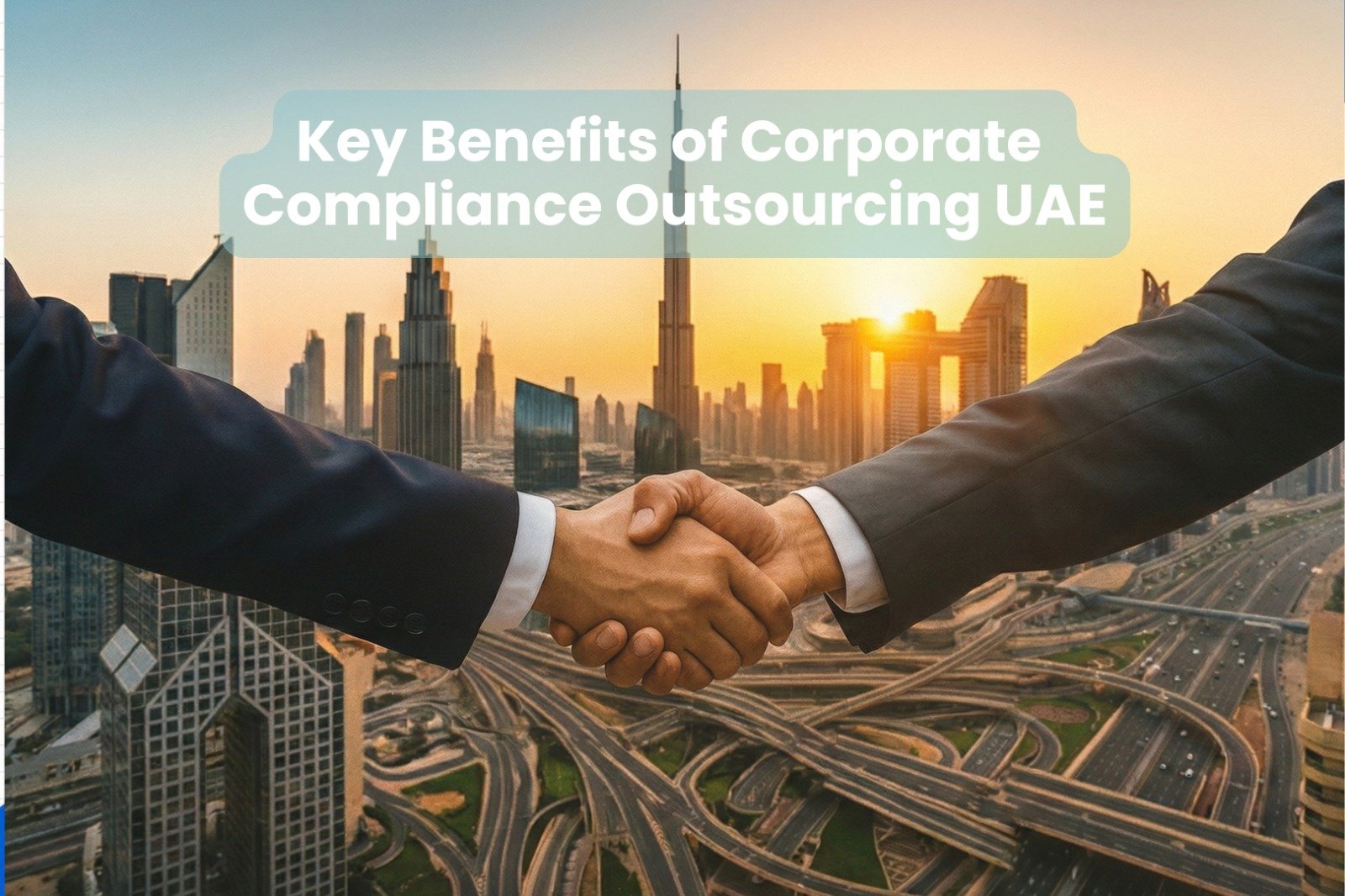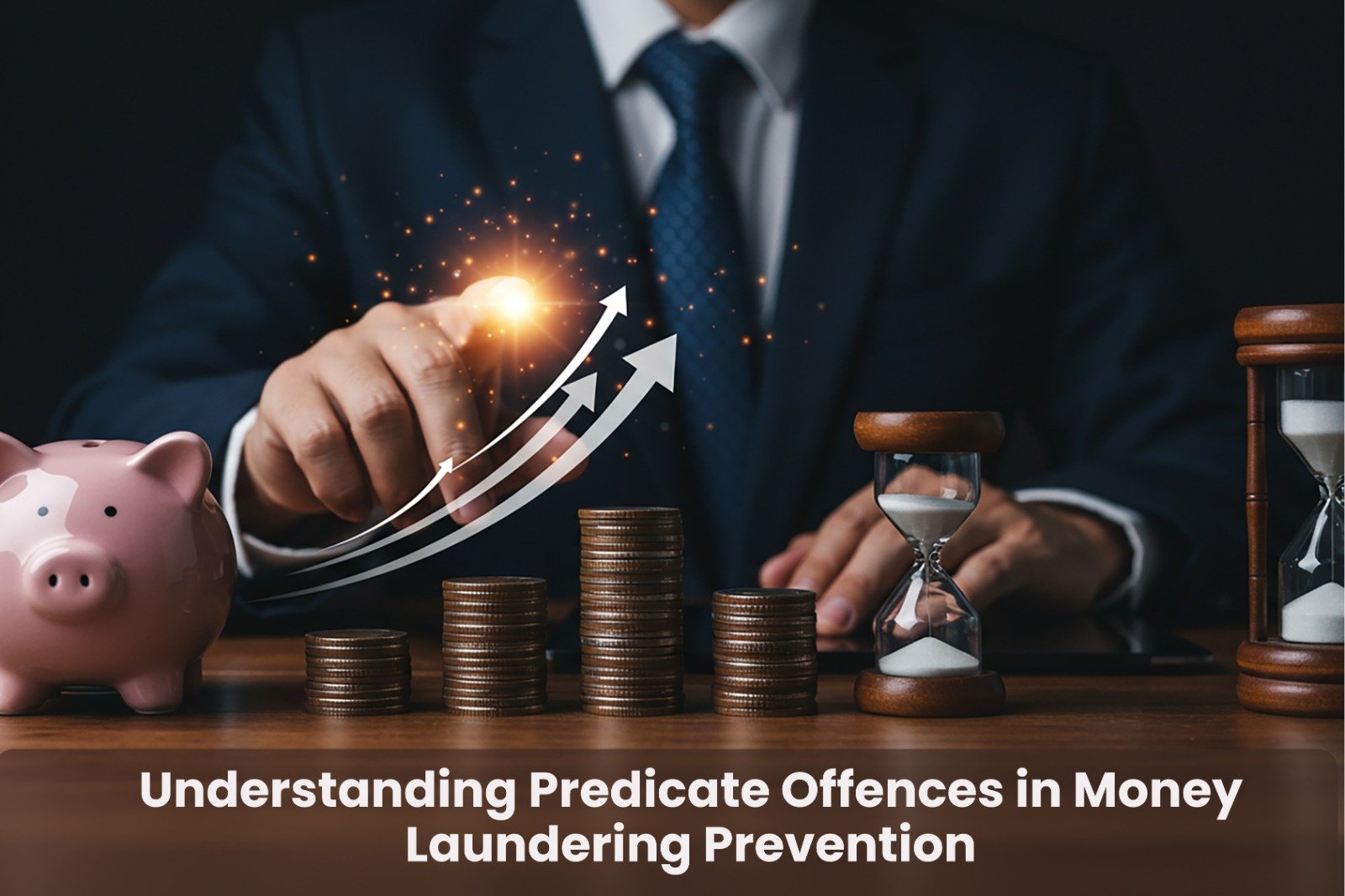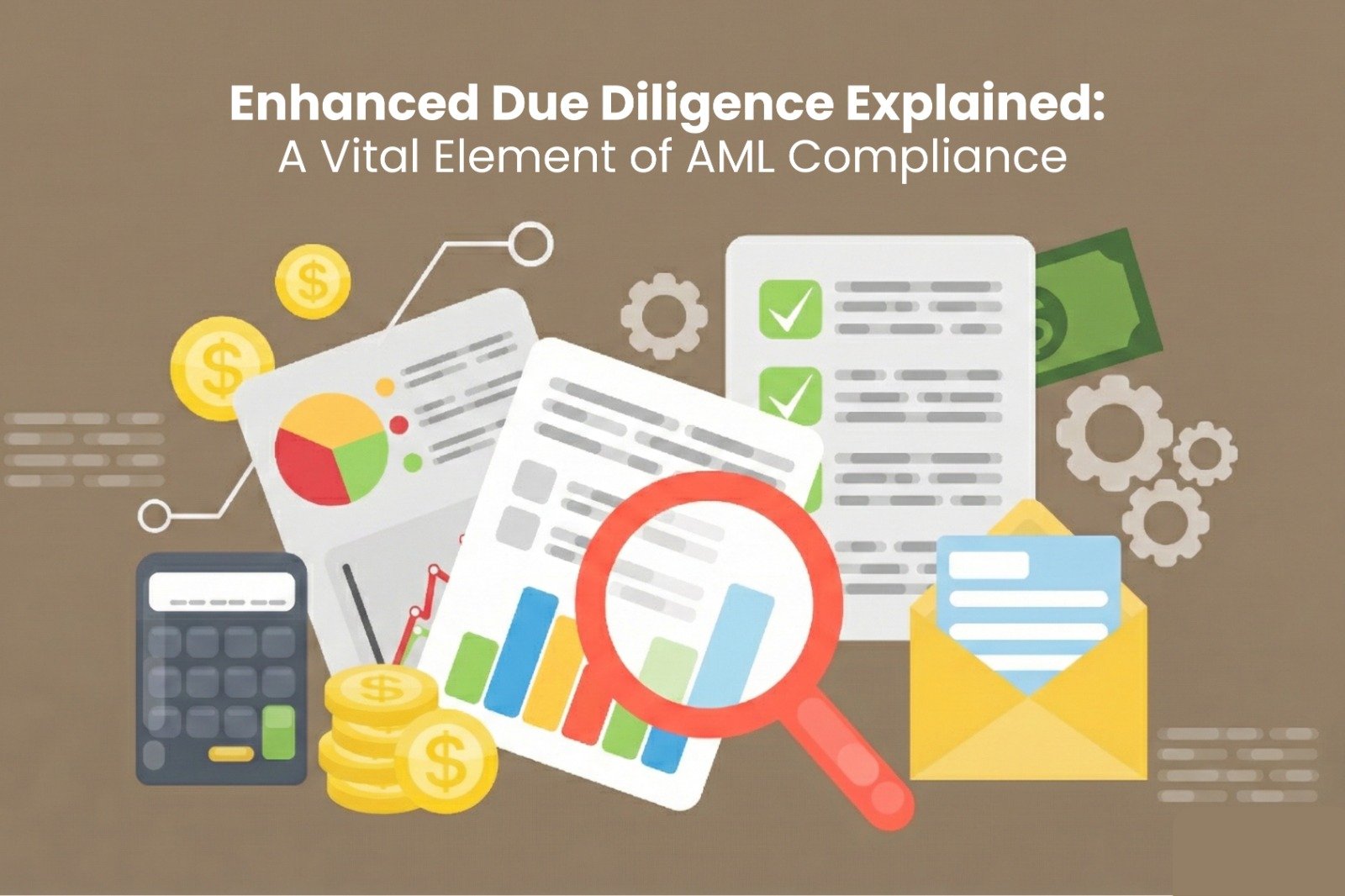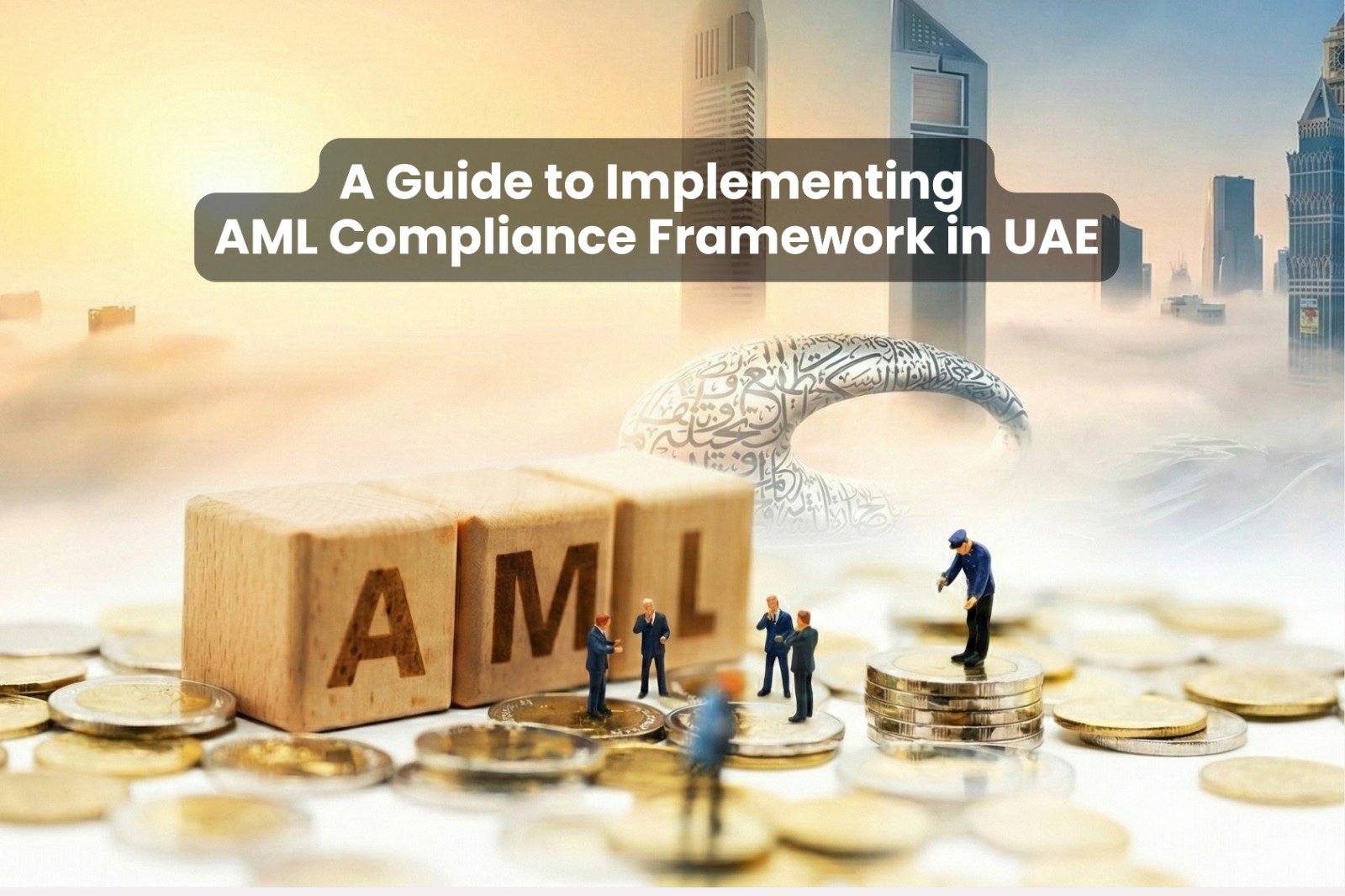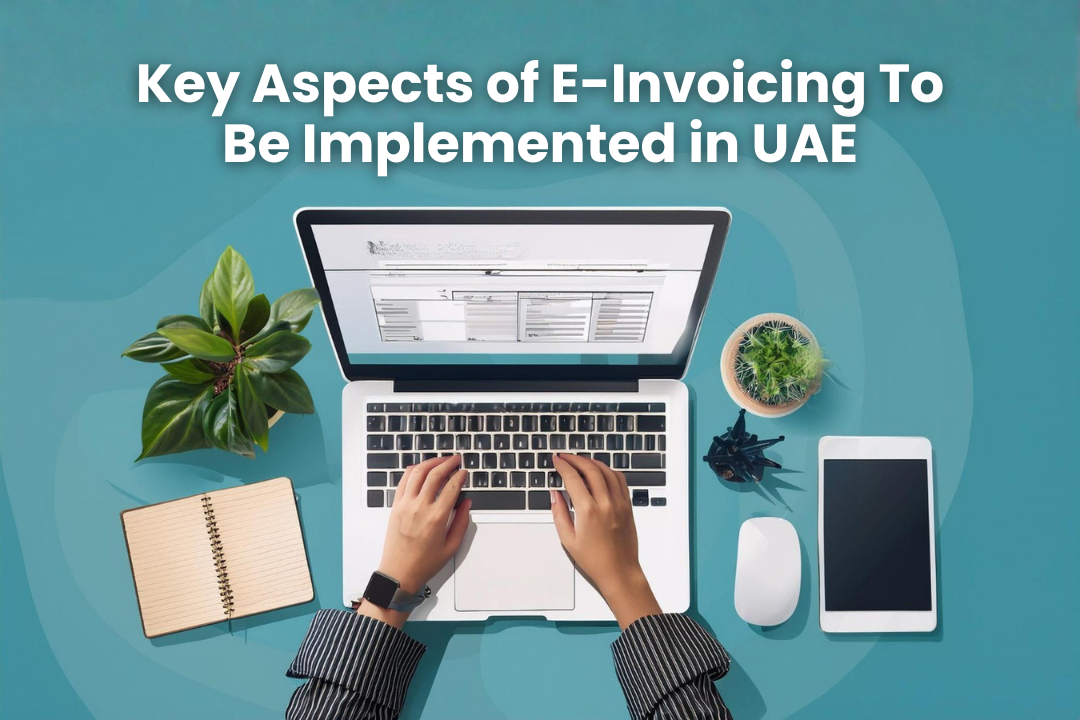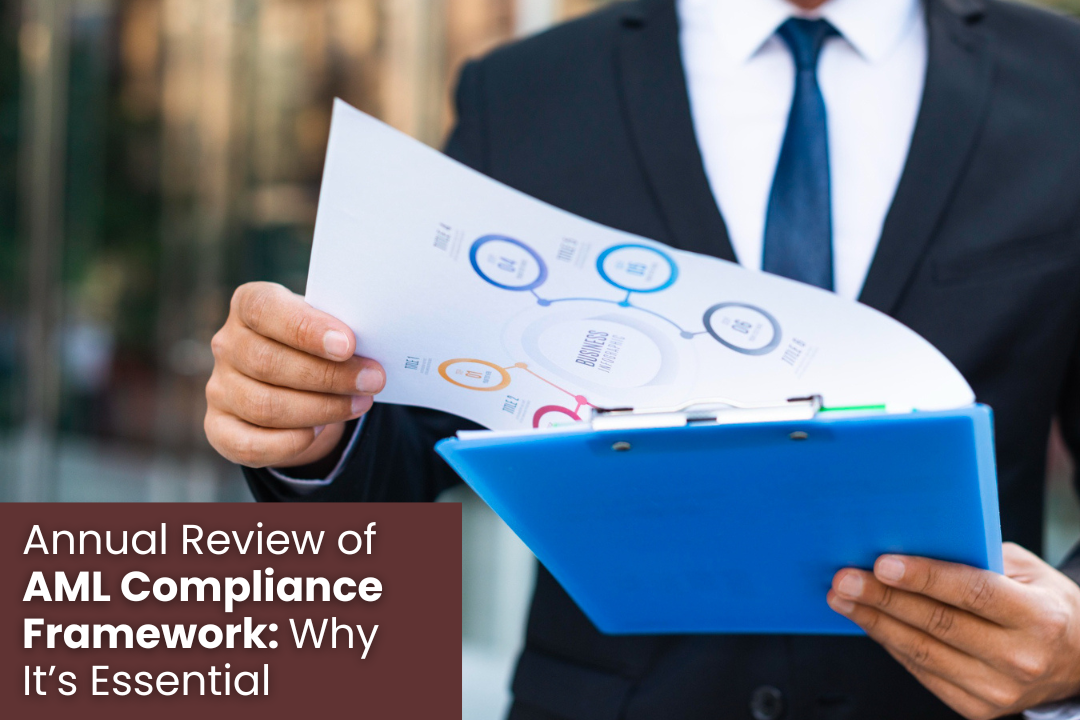In recent years, the UAE has become one of the most prominent global business hubs, attracting investors, entrepreneurs, and multinational corporations from around the world. However, this rapid financial growth has also brought increased risks of financial crimes such as money laundering, terrorist financing and proliferation financing. To counter these threats and maintain its reputation as a safe and transparent financial destination, the UAE has strengthened its Anti-Money Laundering (AML) and Counter-Terrorism Financing (CTF) framework. For businesses, especially financial institutions and DNFBPs (Designated Non-Financial Businesses and Professions), partnering with Professional AML Services in UAE is no longer optional—it is a necessity. These services play a critical role in ensuring compliance with local and international regulations while safeguarding businesses from legal and reputational risks.
Understanding the Role of Professional AML Services in UAE
Professional AML Services in UAE are designed to help businesses identify, assess, and mitigate financial crime risks effectively. These services go beyond basic compliance—they establish a culture of financial integrity and regulatory alignment across all business operations.
AML experts assist companies in developing and implementing tailored compliance programs that address the AML Business Risk Assessment, customer due diligence (CDD), and transaction monitoring requirements in UAE. By doing so, organizations can detect suspicious activities early and prevent their systems from being used for illicit purposes.
How Professional AML Services Support Prevention of Money Laundering and Terrorist Financing?
The UAE’s strategic geographic position makes it a global financial hub, but it also exposes businesses to the risk of money laundering and terrorist financing. This involves the movement of funds to support terrorist activities, often disguised as legitimate business transactions.
Professional AML Services in UAE provide specialized tools and frameworks that enable businesses to:
- Conduct comprehensive risk assessments to detect links to high-risk jurisdictions or politically exposed persons (PEPs).
- Implement real-time monitoring systems to flag suspicious or unusual transactions.
- Ensure adherence to Targeted Financial Sanctions (TFS) lists to prevent dealings with sanctioned entities.
- Conduct regular employee training programs to improve awareness about Terrorist Financing Prevention and reporting obligations.
By strengthening these internal controls, organizations can protect themselves from being unintentionally involved in illicit financial flows.
Key Components of Effective AML Risk Assessment in UAE
A successful AML Risk Assessment in UAE forms the foundation of any compliance framework. It helps businesses identify potential vulnerabilities and take corrective measures before they become threats.
Key components include:
- Customer Risk Profiling – Evaluating customer backgrounds, industries, and geographical exposure.
- Transaction Monitoring – Identifying patterns or behaviors inconsistent with a customer’s profile.
- Ongoing Due Diligence – Continuously reviewing customer activities to detect changes in risk levels.
- Record Keeping & Reporting – Maintaining detailed documentation and promptly reporting suspicious transactions to the UAE Financial Intelligence Unit (FIU).
These steps ensure businesses remain fully compliant with the UAE’s stringent AML/CFT regulatory requirements.
Why Businesses Should Choose the Best AML Service Providers in UAE
Partnering with the Best AML Service Providers in UAE offers a significant advantage for organizations that aim to stay compliant, secure, and competitive. Expert AML consultants bring deep knowledge of local regulations, access to advanced compliance technology, and hands-on experience in managing financial crime risks.
Here’s how professional service providers add value:
- Customized AML Programs: Designed specifically for your industry and business model.
- Regulatory Alignment: Ensuring full compliance with the UAE’s AML laws, the Central Bank’s guidelines, and international standards.
- Technology Integration: Using AI-based tools for efficient transaction monitoring and data analysis.
- Risk Mitigation: Reducing exposure to fines, penalties, and reputational damage.
With the UAE’s growing emphasis on transparency and accountability, businesses that invest in professional AML solutions gain a competitive edge and long-term credibility.
Conclusion
As the UAE strengthens its AML-CFT framework, the demand for Professional AML Services in UAE has become more vital than ever. These services help prevent money laundering, terrorist financing, and proliferation financing while ensuring businesses stay compliant, secure, and trustworthy. To safeguard your organization and meet all regulatory obligations under the AML Risk Assessment in UAE, partner with Auditac International Consultancy—one of the leading AML service providers in Abu Dhabi—offering expert guidance, technology-driven compliance solutions, and continuous advisory support.

